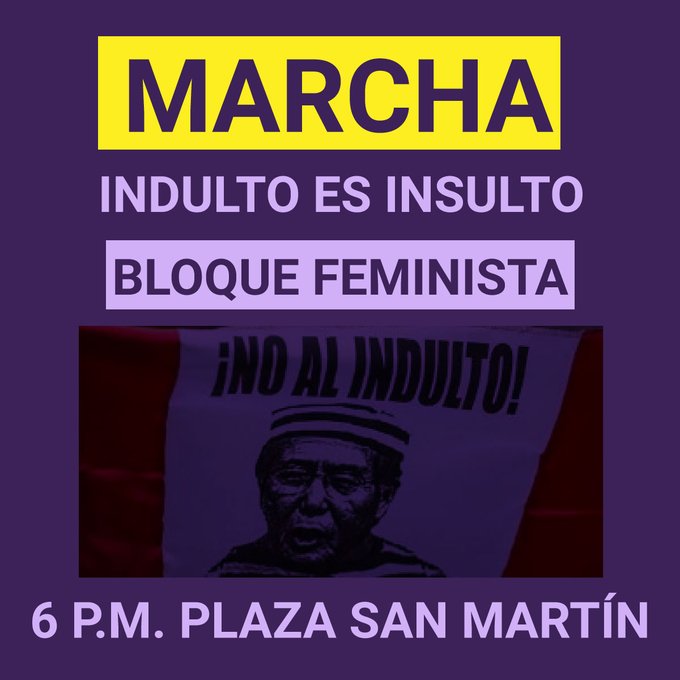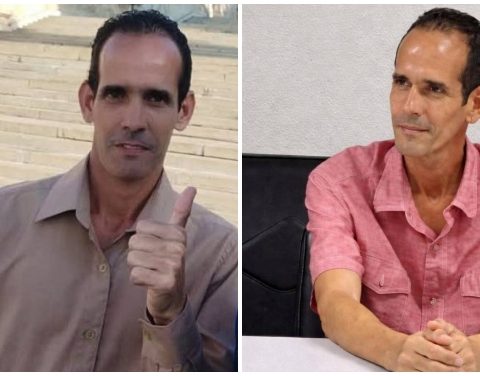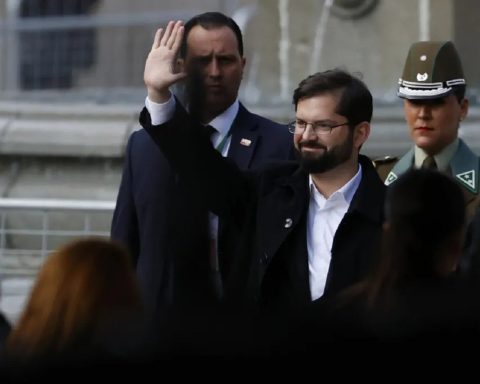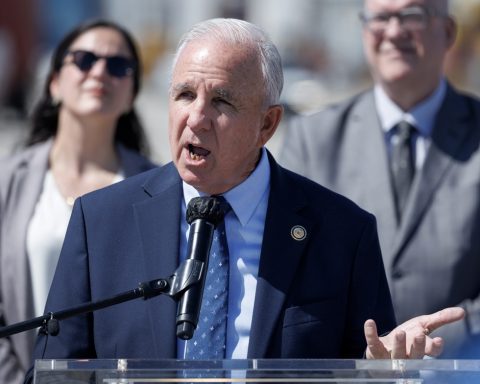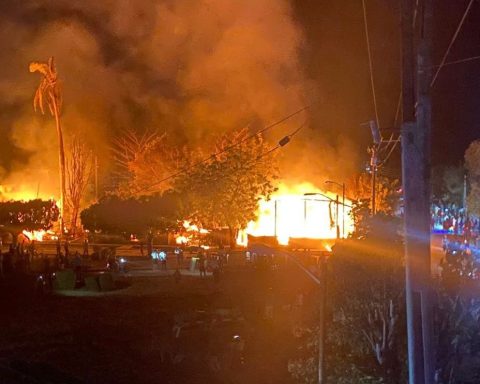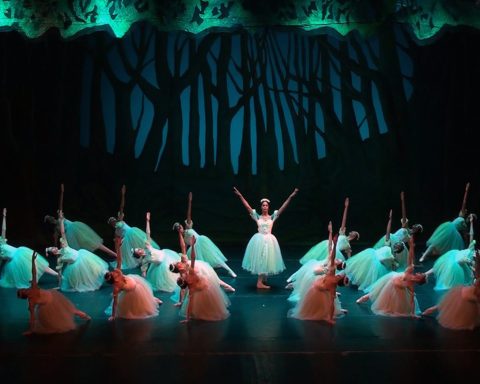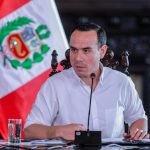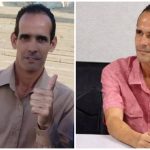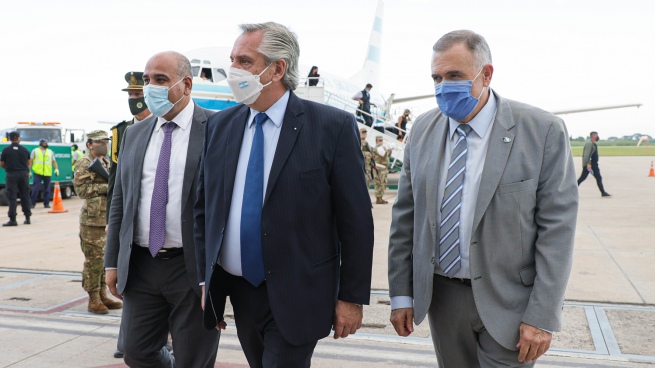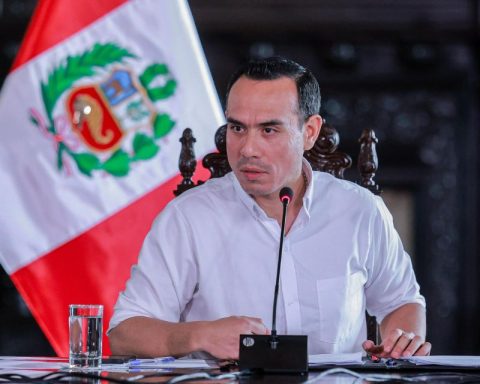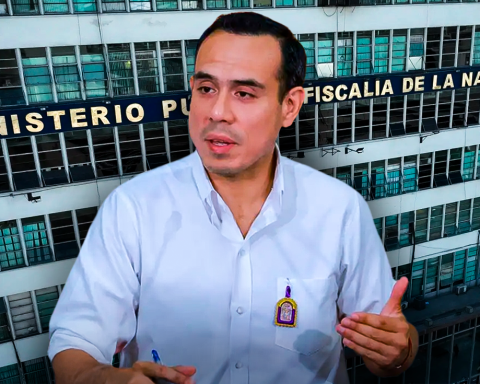The decision of the Constitutional Court (TC) of Peru to free former president Alberto Fujimori generated a call to protest against the ruling in the streets of the main cities of the South American country.
The main event takes place at five in the afternoon (local time) in Plaza San Martín, in the historic center of Lima, the Peruvian capital.
During the protest in Lima, several people raised banners with the legends “Corrupt Court”, “Neither forget nor forgive” and “Fujimori in prison”.
The political organization New Peru was one of the main organizers of the march. With the hashtag #IndultoEsInsulto, the group invited its followers to “take to the streets against impunity.”
From the No a Keiko collective they also announced that they would join the day of mobilizations and that they would take to the streets “for those who are no longer here and for the relatives of the bereaved who see the little justice they found snatched away.”
For its part, the feminist collective Awka also joined the call in Plaza San Martín. “We call ourselves, we organize our rage and we go to the streets because a genocidal person cannot go free,” they said.
In addition to Lima, in Cusco and Arequipa they also called for demonstrations, at the headquarters of the Judicial Power and in Plaza España, respectively.
Similarly, from six in the afternoon dozens of citizens arrived at the Plaza Mayor of the city of Ayacucho.
Habeas corpus
In a controversial session, the TC ruled in favor of an appeal, habeas corpus, which requested the annulment of a judicial resolution that suspended the presidential pardon that Pedro Pablo Kuczynski granted to Fujimori in 2017.
In this way, Fujimori’s release was ordered, which generated a call to the streets by groups, human rights organizations and different political parties.
Fujimori, who ruled Peru between 1990 and 2000, was sentenced in 2009 to 25 years in prison for the massacres of Barrios Altos (1991) and La Cantuta (1992), and his sentence was served in the Barbadillo prison.
